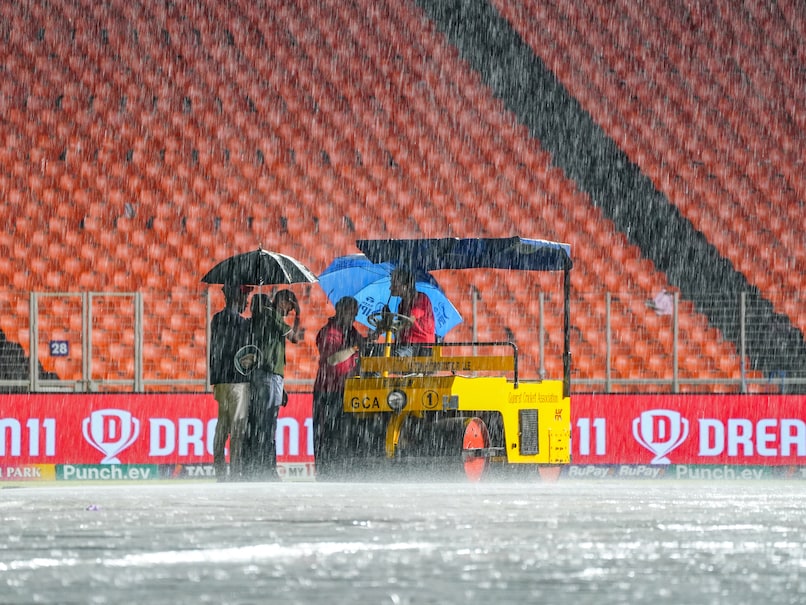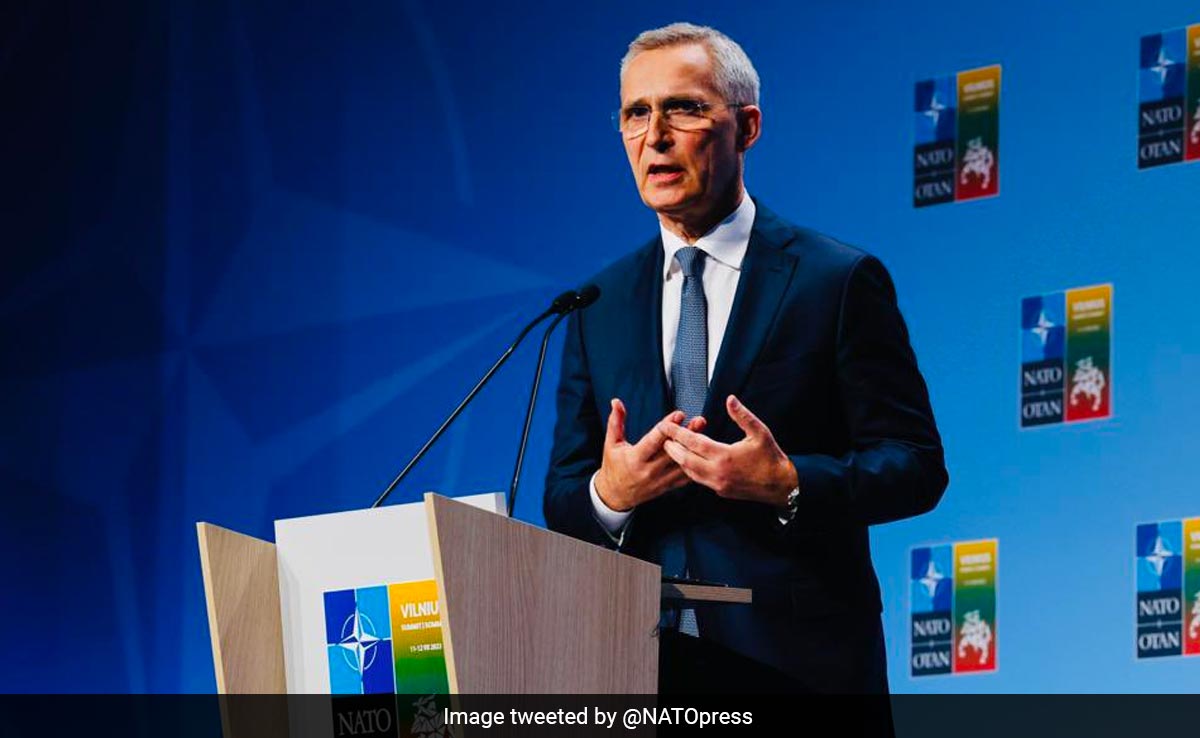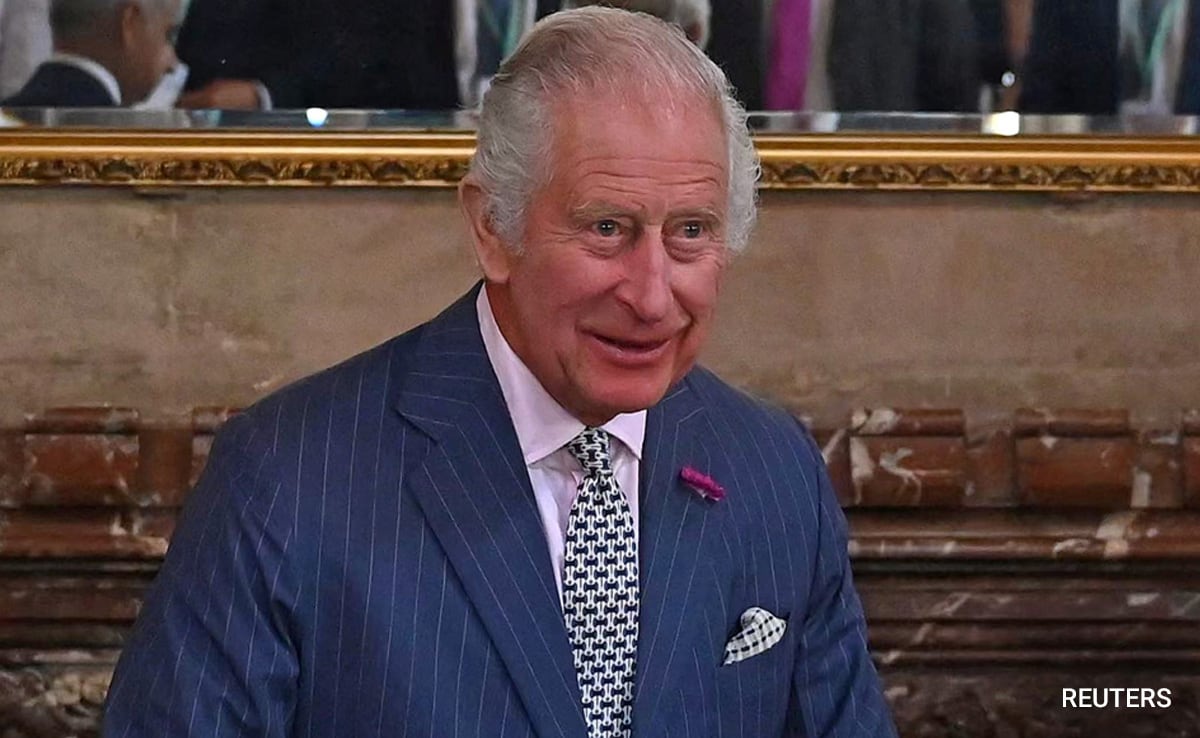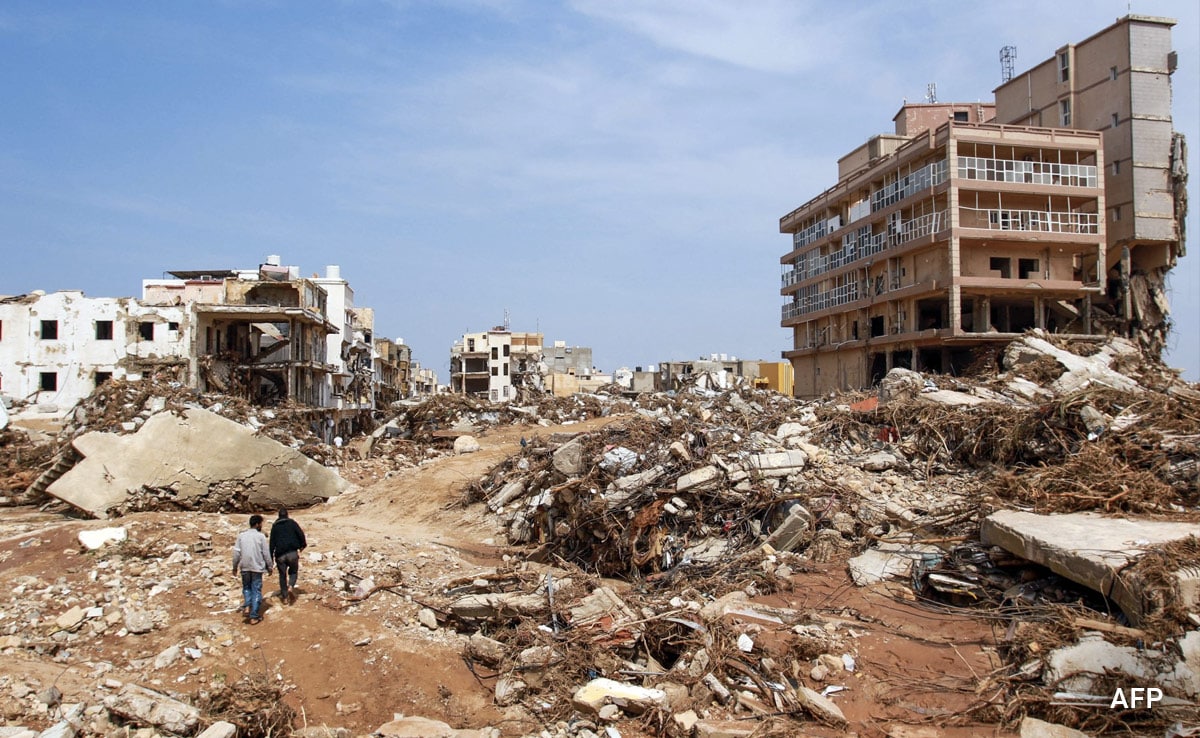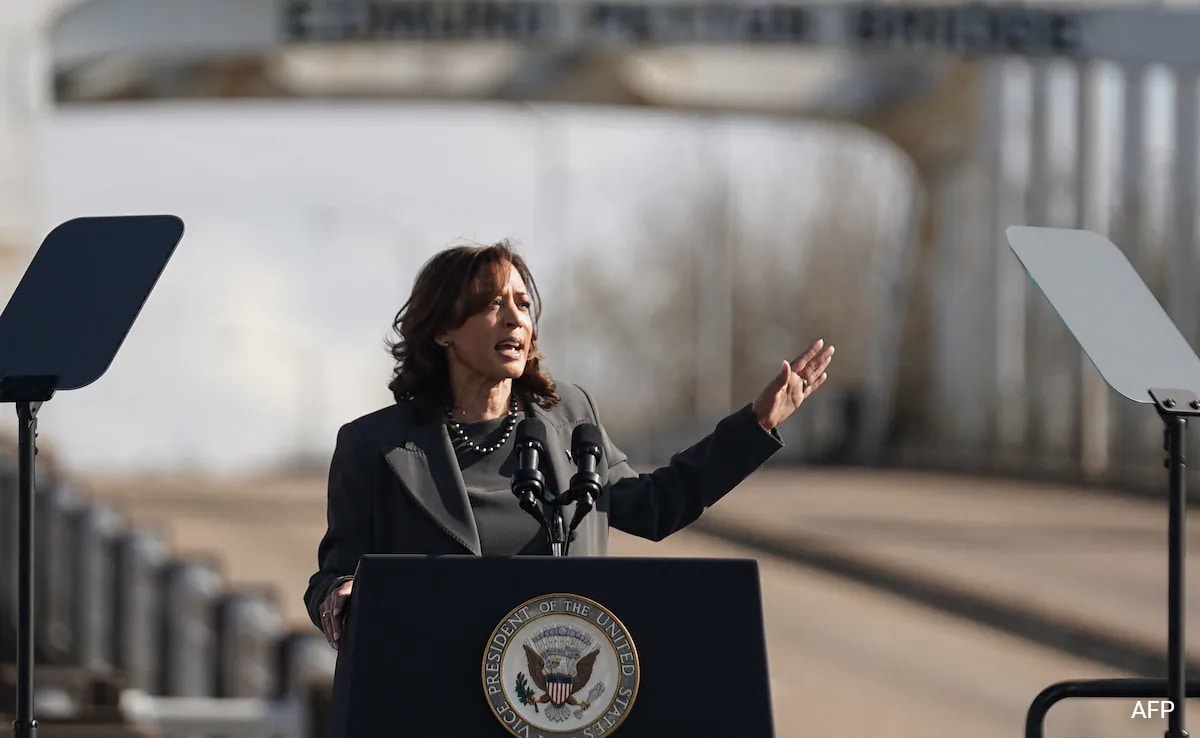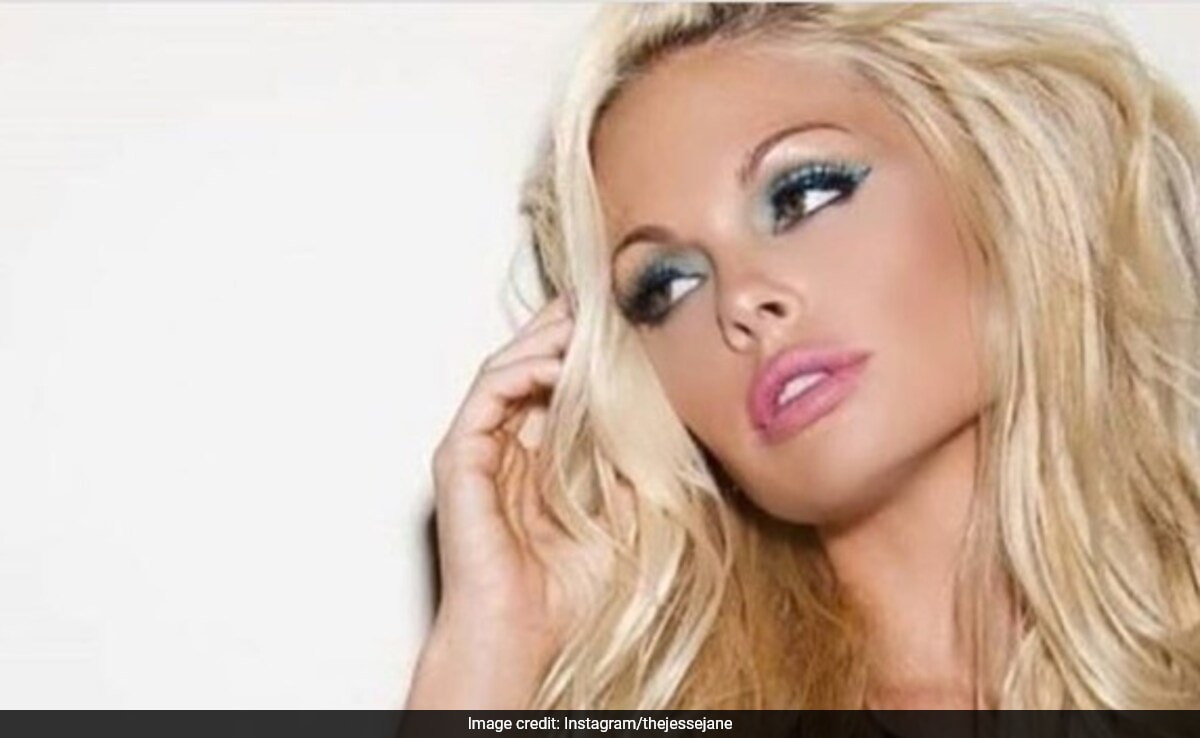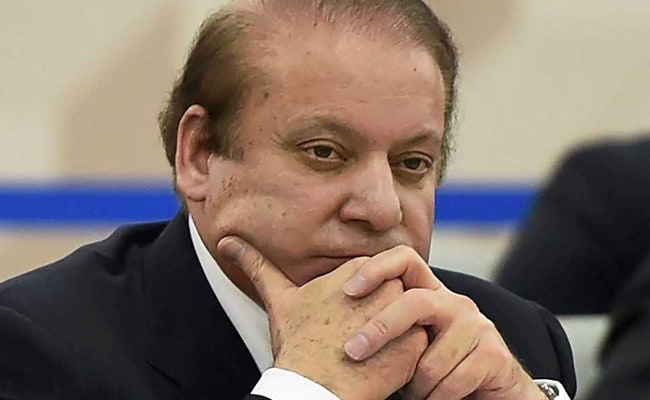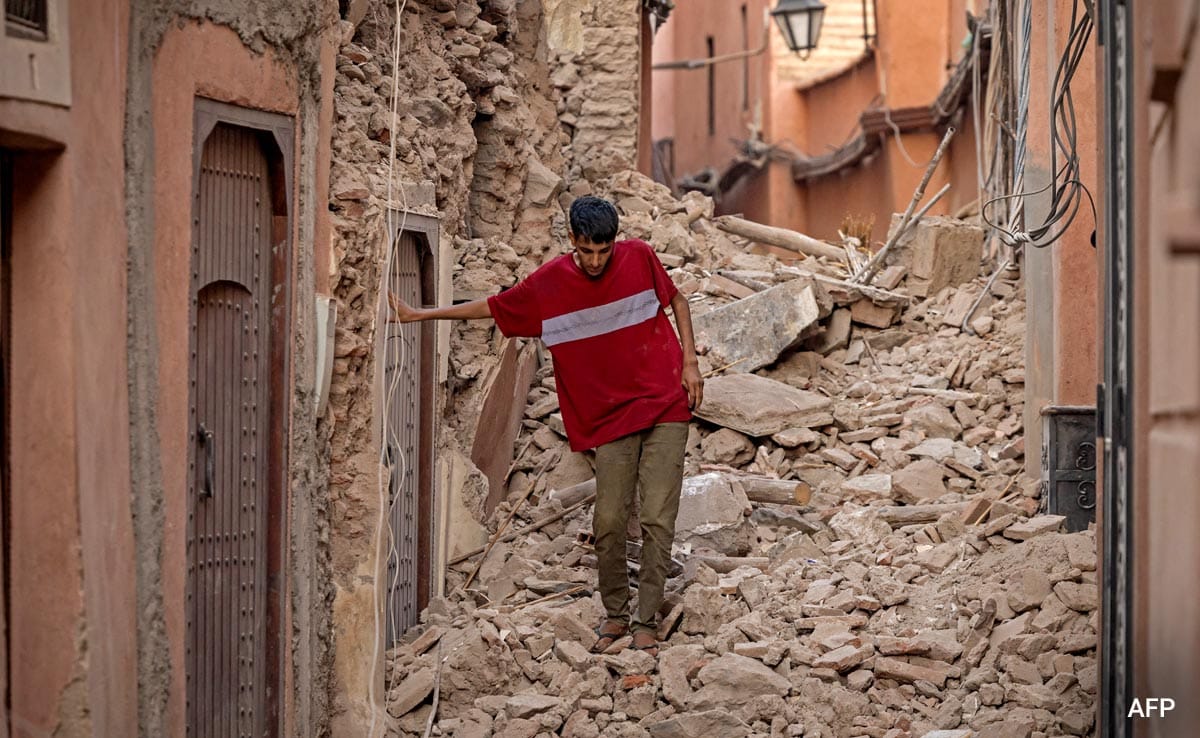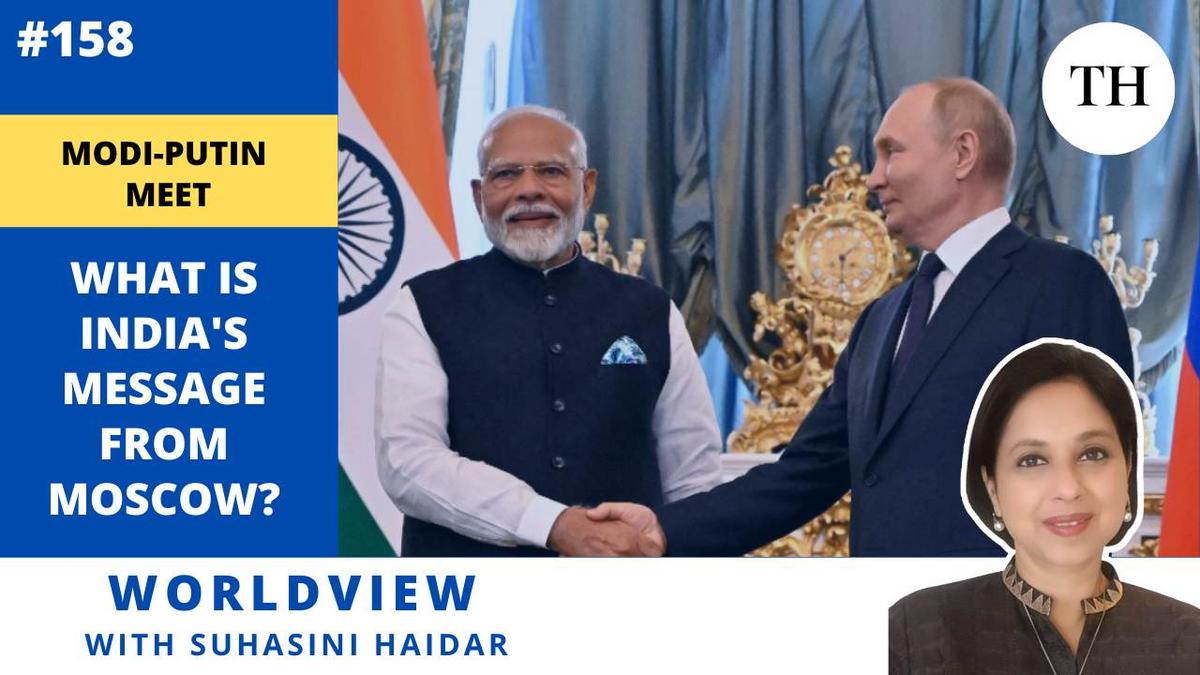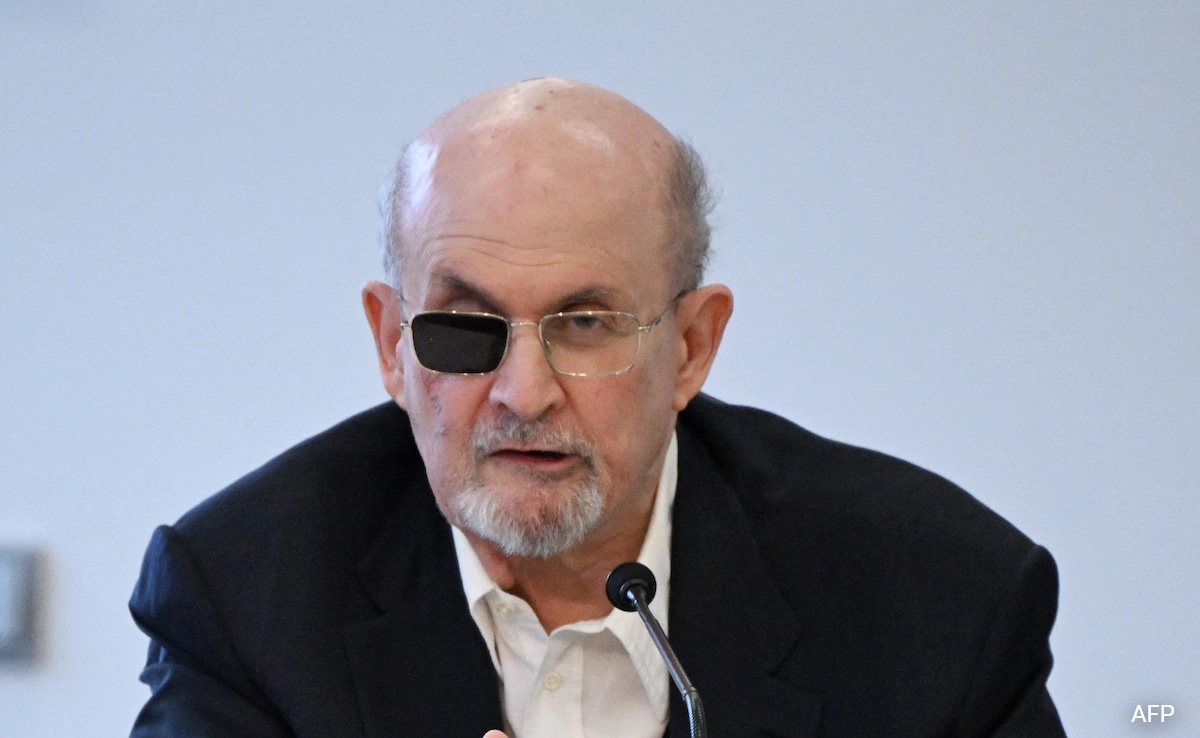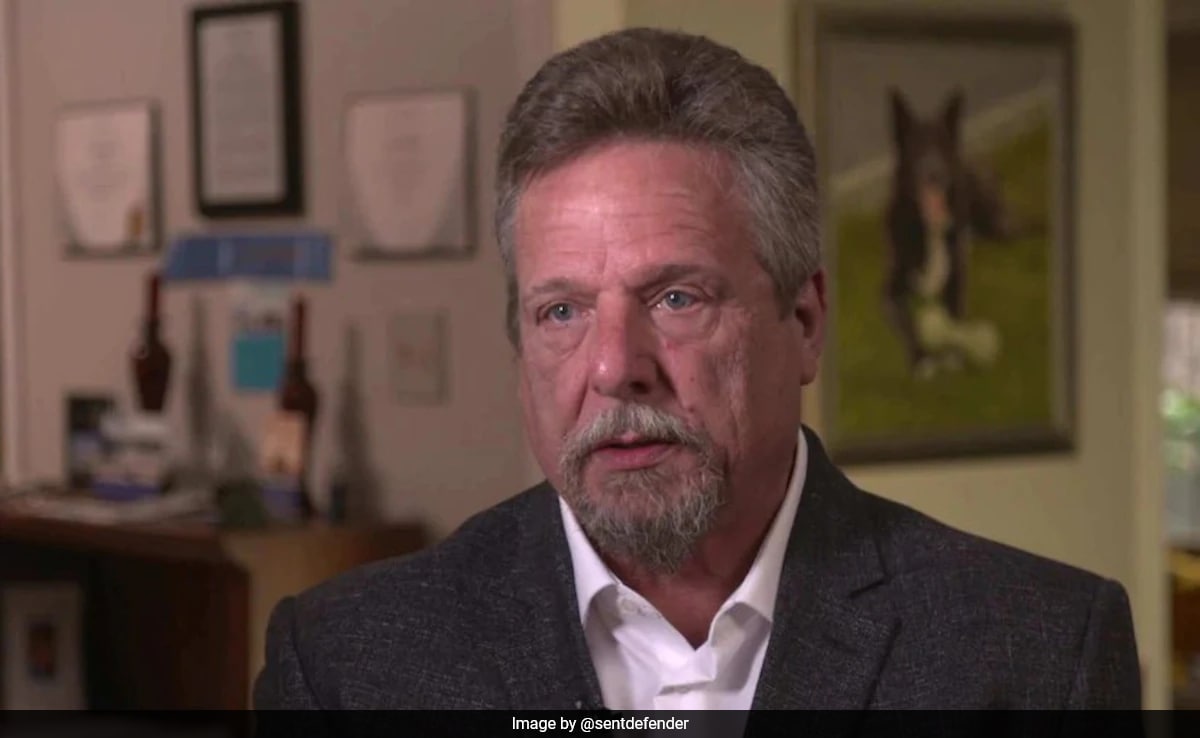File picture of CGT union secretary general Sophie Binet. File
| Photo Credit: AP
With just 15 days before the start of the Olympic Games in Paris, a leader of a major French union on July 11 called for mass strikes to pressure President Emmanuel Macron into “respecting the results” of recent legislative elections and allow a leftist coalition to form a new government.
France has been at the brink of a governing paralysis since Sunday’s vote for the National Assembly, the influential lower house of parliament, resulted in a legislature split between three political groupings: the New Popular Front leftist coalition, Macron’s centrist allies and the far-right National Rally of Marine Le Pen.
The New Popular Front alliance won the most seats in the legislature, but fell short of an outright majority to govern on its own. The alliance’s three main parties, the hard-left France Unbowed, the Socialists and the Greens, have urged the president to turn to them to form the new government.
Sophie Binet, the general secretary of the CGT union, said in an interview with French broadcaster LCI Thursday that if Macron did not respect the results of the election, “he risks once again plunging the country into chaos.”
Binet said the president should allow the New Popular Front to form the new government, although the leftist alliance has not yet proposed a candidate for prime minister because of internal divisions. She called on union members to take to the streets and “join rallies to put the National Assembly under surveillance.”
“There must be popular, citizens’ pressure so that the elections’ results are respected,” Binet said.
Macron has asked his prime minister, Gabriel Attal, to continue handling day-to-day affairs, despite Attal’s offer of resignation. On Wednesday, Macron said he will wait for the country’s political parties to build a broad consensus at the National Assembly before he can decide on a new prime minister, infuriating the leftist coalition and the unions.
The new legislature’s inaugural session is scheduled for July 18.
CGT railway workers called for nationwide rallies on July 18 in front of the prefectures and near the National Assembly in Paris to demand the New Popular Front be allowed to form a government, according to the union’s statement.
The social situation in France was already tense before the political turmoil unleashed by the early legislative elections. There were protests from teachers, police officers and farmers that followed huge demonstrations last year against a rise in the retirement age.
Macron called the surprise snap election after the anti-immigration National Rally made huge gains in the June 9 European elections — a risky gamble in the hope that French voters would block the far-right party as they always had in the past.
The leader of the CFDT union, Marylise Léon, said problems are still acutely felt by many working people. She said Macron’s reluctance to name a new prime minister whose government could start addressing them is concerning.
“The expectations of workers around purchasing power and working conditions have not disappeared,” Léon said in an interview with broadcaster France Inter Thursday. “To strike is sometimes the only way to be able to unblock a situation.”
She said the union would not rule out strikes during the July 26-Aug. 11 Olympics “in certain sectors if social dialogue breaks down,” including in private security and at the Paris airports. However, she added, “the goal of CFDT is not to block the Olympics.”



